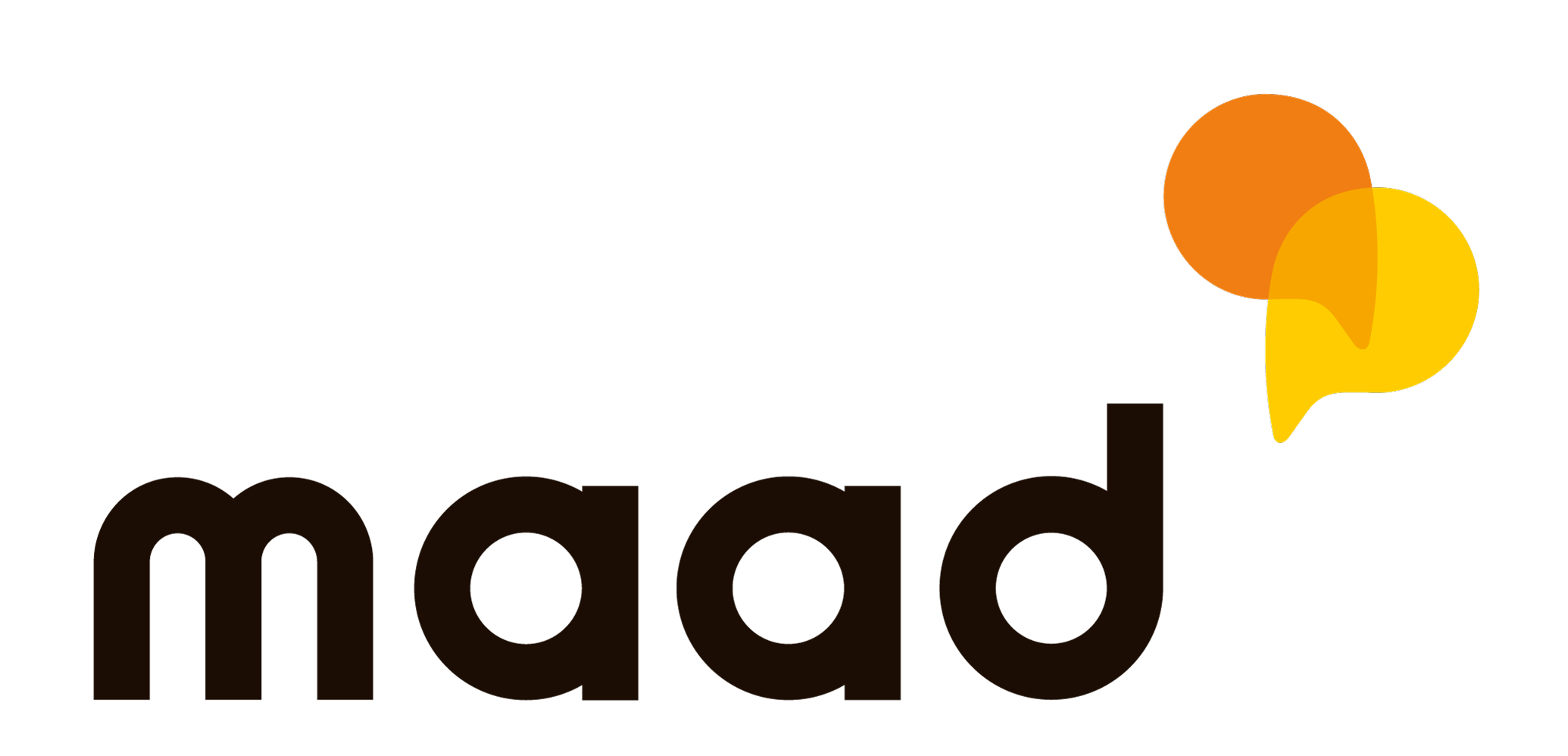Maad, a B2B e-commerce startup based in Senegal, has successfully secured $3.2 million in debt-equity funding to bolster its growth within the country and explore fresh opportunities in the wider Francophone region. The startup aims to enhance its operations and reach more retailers, particularly in underserved areas, and expand into new markets by the end of the year.
Funding Details and Strategic Investors
The seed round was led by Ventures Platform, with participation from notable investors including Seedstars International Ventures, Reflect Ventures, Oui Capital, Launch Africa, Voltron Capital, and Alumni Ventures. In addition to equity financing, Maad raised $900,000 in debt financing from the French Development Finance Institution (DFI) Proparco and local banks. This strategic mix of equity and debt funding is expected to fuel the startup’s ambitious expansion plans and operational improvements.
Innovative Distribution Platform
Maad’s end-to-end distribution platform is designed to enable informal retailers, commonly known as mom-and-pop stores, to source fast-moving consumer goods (FMCG) directly from partner suppliers. This innovative approach addresses key issues faced by these small retailers, such as stockouts and high inventory costs due to multiple levels of intermediaries. By simplifying the supply chain, Maad helps retailers maintain a steady supply of goods at competitive prices.
Sidy Niang (CEO) and Jessica Long (COO) co-founded Maad in 2020. Initially, the company focused on data collection services before pivoting to software development to aid companies in managing their internal distribution processes. Observing how FMCG suppliers used the software to overcome distribution challenges inspired the duo to launch the B2B e-commerce business in September 2021.
Growth and Customer Engagement
According to Niang, the idea for the e-commerce platform emerged from watching clients use their software. “Watching our clients use our software for their own distribution was what inspired us. The software was providing a lot of value, and we could imagine much more value if we put all the products that small shops buy on the same platform,” Niang told TechCrunch.
Maad offers a variety of ordering methods for its customers, including a call center, field agents, and a mobile app. The app accounts for the majority of orders (75%), which are fulfilled from Maad’s warehouses using its in-house delivery service. This approach reduces costs and ensures consistency in service delivery. Long emphasized the importance of controlling logistics, stating, “We decided to bring all of logistics in-house. The reason that we do that is just it’s a low-margin business. We think that this is the way to provide good service and to meet the reliability needs of clients. I don’t think that we would be able to offer a similar service if we relied on a third-party provider.”
Market Presence and Competitive Edge
Since its inception, Maad has grown to serve 6,500 active retailers through a network of 80 suppliers. The startup claims to have reached a monthly Gross Merchandise Volume (GMV) of $3 million. By working closely with suppliers, Maad has secured exclusive access to certain products and competitive pricing, which attracts informal retailers. These retailers play a crucial role in the distribution of household goods in sub-Saharan Africa, accounting for about 80% of retail sales due to their proximity to customers.
Startups like Maad are also leveraging data collection to provide valuable insights for suppliers. By gathering data on products and retailer behavior, Maad helps suppliers make informed business decisions, addressing inventory sourcing and financing challenges for informal retailers. This data-driven approach enhances the overall efficiency and effectiveness of the supply chain.
Challenges and Sector Outlook
Maad has achieved this funding milestone amidst a challenging environment for B2B e-commerce businesses in Africa. Many investors have been hesitant to back these ventures due to their thin margins and capital-intensive business models. This hesitation has led to scaling back for companies like Wabi, Wasoko, and MaxAB, and even shut down for entities such as Zumi and YC alum MarketForce’s RejaReja. The sector experienced a funding boom in 2021 and 2022, but the landscape has become more cautious since then.
Future Plans and Expansion
With its first-mover advantage in Senegal, Maad plans to expand its coverage to include remote areas within the country. The startup is also keen on entering a new market within the Francophone region by the end of the year. Additionally, Maad intends to introduce a buy now, pay later (BNPL) service, which will enable shop owners to access inventory on credit, further supporting their business growth and financial stability.
In conclusion, Maad’s successful funding round and strategic plans highlight the potential for growth and innovation in the B2B e-commerce sector in Africa. By addressing the unique challenges faced by informal retailers and leveraging data-driven insights, Maad is well-positioned to make a significant impact on the retail landscape in Senegal and beyond.
Impact on the Retail Landscape
The implications of Maad’s growth extend beyond immediate business benefits. By providing a reliable and efficient supply chain for informal retailers, Maad is helping to stabilize local economies and improve access to essential goods. The startup’s emphasis on in-house logistics and competitive pricing ensures that small retailers can operate more effectively, ultimately benefiting the end consumers.
Moreover, Maad’s data collection and analysis capabilities offer a significant advantage. By understanding market trends and retailer needs, Maad can continuously refine its services and offer tailored solutions. This proactive approach not only strengthens supplier relationships but also positions Maad as a key player in the African e-commerce ecosystem.
Conclusion
As Maad continues to expand its footprint in Senegal and the wider Francophone region, its innovative approach to B2B e-commerce and commitment to addressing the needs of informal retailers set it apart in a competitive landscape. With strategic funding and a clear vision for the future, Maad is poised to drive significant growth and transformation in the African retail sector. The introduction of new services like BNPL will further enhance its value proposition, supporting small businesses and fostering economic development across the region.

